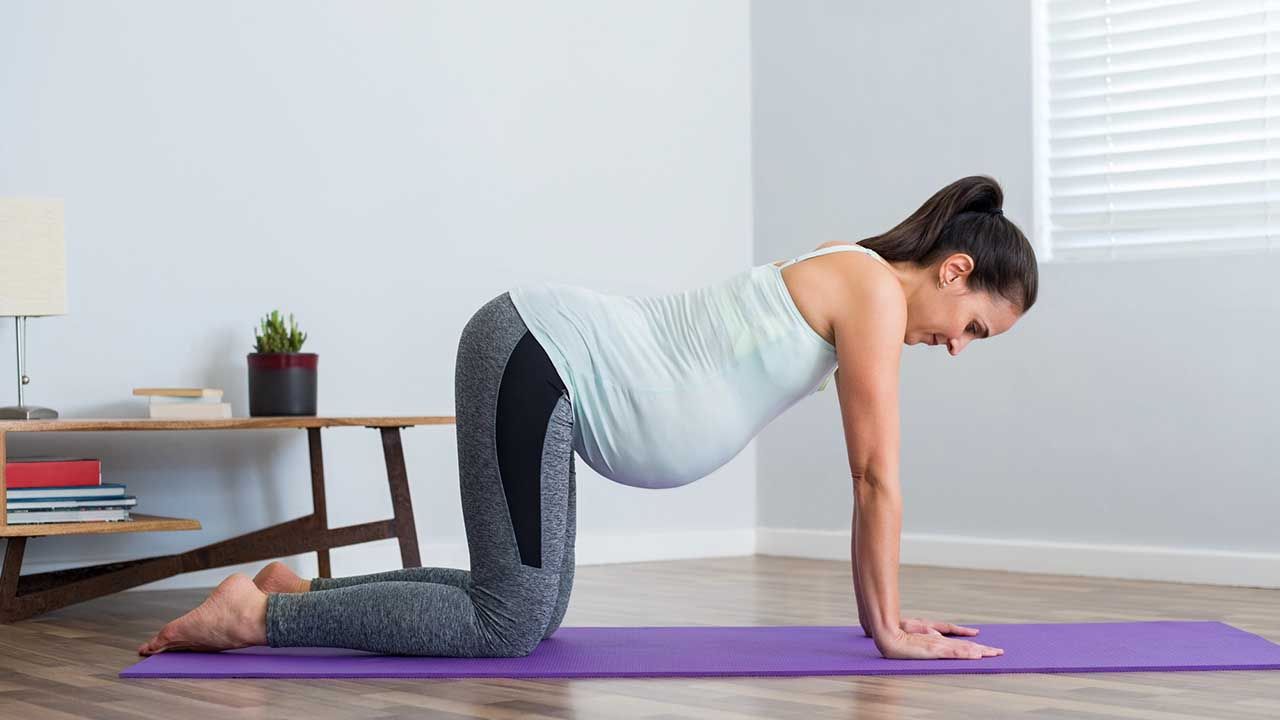Sleep Strategies For Better Rest As A New Mum

The early weeks and months of motherhood can be a whirlwind of feeding schedules, nappy changes, and unpredictable sleep patterns. It's no secret that sleep deprivation can leave you feeling foggy, emotional, and disconnected from your body. And while ‘sleep when the baby sleeps’ sounds like great advice, it’s often easier said than done.
Between caring for a newborn and navigating daily responsibilities, quality rest can feel like a luxury. But with a few practical strategies, it is possible to improve both the quantity and quality of your sleep — or at the very least, make your rest more restorative.
Focus on quality over perfection
You may not be able to control how often your baby wakes up at night, but you can create the right conditions to make the sleep you do get as restful as possible. Aim for quality over quantity when full nights aren’t realistic.
A calm, dark, and cool sleeping environment helps support deeper sleep cycles. Consider blackout curtains, white noise machines, or even an eye mask if your rest is happening during daylight hours. Small changes like keeping your phone on ‘do not disturb’ or charging it in another room can also reduce disruptions. Even a short nap in the right conditions can do wonders for how refreshed you feel.
Create a simple wind-down routine
Just like babies benefit from a bedtime routine, so do adults. A predictable pre-sleep ritual signals to your body and brain that it’s time to slow down. Keep it short and achievable — perhaps a warm shower, some light stretching, and five minutes of deep breathing. Dim the lights and avoid stimulating activities like scrolling your phone or checking emails (it can be tempting to ‘doom scroll’ for the sake of having quiet time to yourself, but if you prioritise sleep your overall wellbeing will benefit from it far more – even if it’s most of the time but not every time).
If you find your mind racing with to-do lists or worries, jot them down in a notebook to revisit the next day. Creating a calm, consistent rhythm at bedtime can help you fall asleep faster and improve sleep quality, even if the total duration is short.
Share the load where you can
It’s easy to feel like everything rests on your shoulders, especially in those early days. But if you have a partner or support network, lean on them. Sharing night feeds, taking shifts, or asking for help with household tasks can free up precious time for rest. It’s not selfish to prioritise sleep — it’s essential for your physical and emotional health.
If you’re breastfeeding and your baby takes a bottle, consider expressing milk so someone else can take over one of the night feeds. Even one longer stretch of sleep each night can make a big difference.
Nourish your body for better sleep
What you eat and drink during the day can have a surprising impact on your sleep at night. Prioritise balanced meals that include protein, fibre, and healthy fats to help stabilise blood sugar levels and support energy throughout the day. Caffeine is often a lifeline, but try to avoid it after early afternoon so it doesn’t interfere with sleep later.
Staying hydrated is key too — just be mindful of how much you drink right before bed to avoid unnecessary night-time trips to the loo. A light snack before bed, like a banana with nut butter or some oatcakes, can help prevent early night waking due to low blood sugar.
Move in ways that support rest
Gentle movement during the day can actually support better sleep at night. A short walk in the fresh air, some light stretching, or a few minutes of postnatal-friendly movement can help release physical tension and boost mood.
Exercise doesn’t need to be intense or lengthy to be effective. The key is consistency — regular movement helps regulate your circadian rhythm and can ease anxiety, both of which support deeper, more restful sleep. Just avoid vigorous workouts right before bed, as they can be too stimulating and make it harder to wind down.
Rest when you can't sleep
Sometimes, despite your best efforts, sleep just won’t happen. In these moments, give yourself permission to rest without the pressure of falling asleep. Lying down with your eyes closed, focusing on your breath, or listening to a guided meditation can still offer your body and mind a chance to recharge. Rest isn’t a consolation prize — it’s a vital part of recovery.
If your baby is sleeping and you can’t nap, even 10–15 minutes of quiet time on the sofa can make a difference. Try to resist the urge to do all the tasks around the house that you can during that time. Think of it as topping up your energy, even if it's not the full recharge you were hoping for.
To sum up
While new motherhood can throw your sleep routine out the window, it doesn’t mean you have to accept total exhaustion as the new normal. By focusing on sleep quality, creating calming routines, fuelling your body well, and giving yourself permission to rest, you can support your overall wellbeing and feel more like yourself again.
Restorative rest — even in short bursts — can have a big impact on how you show up for yourself and your family each day.
Image/Depositphotos.com








